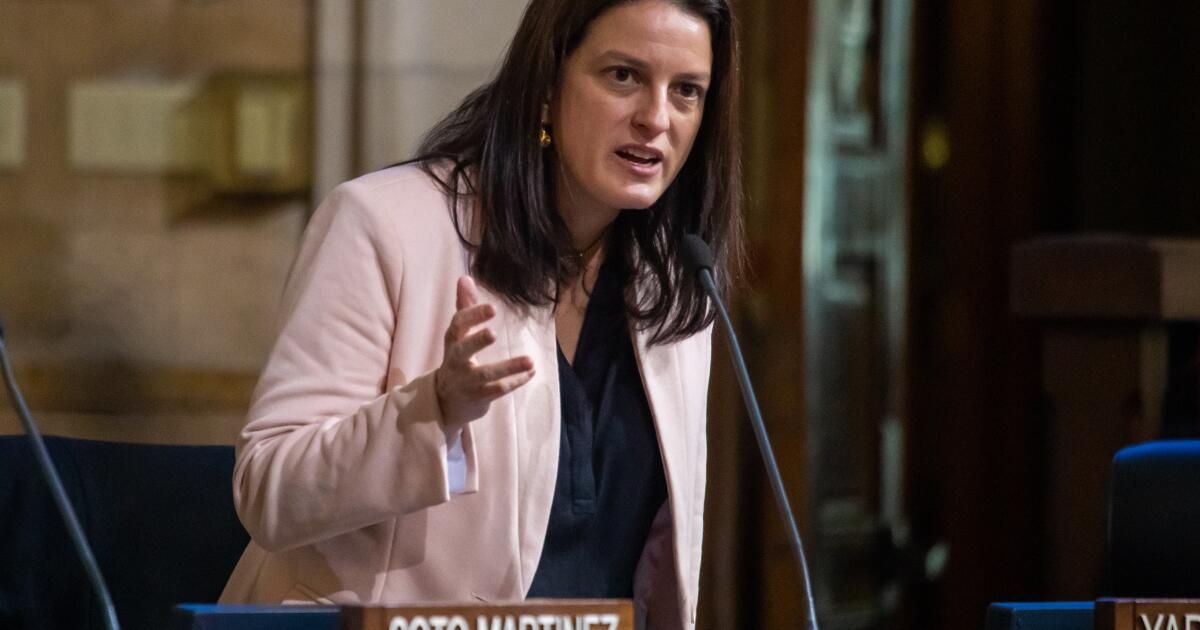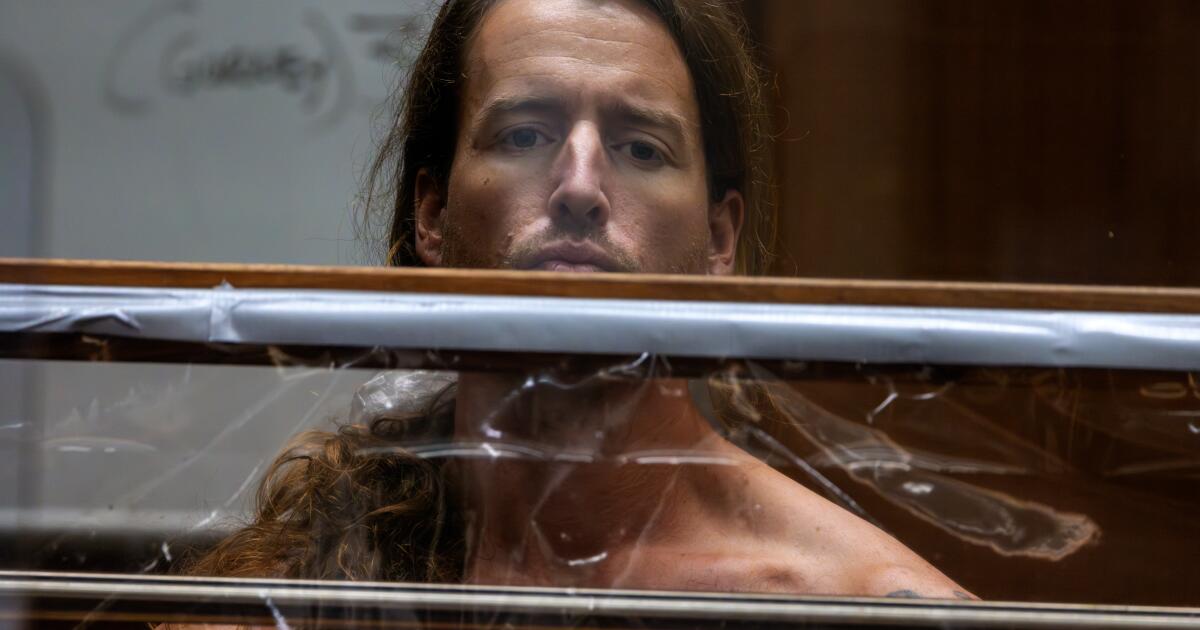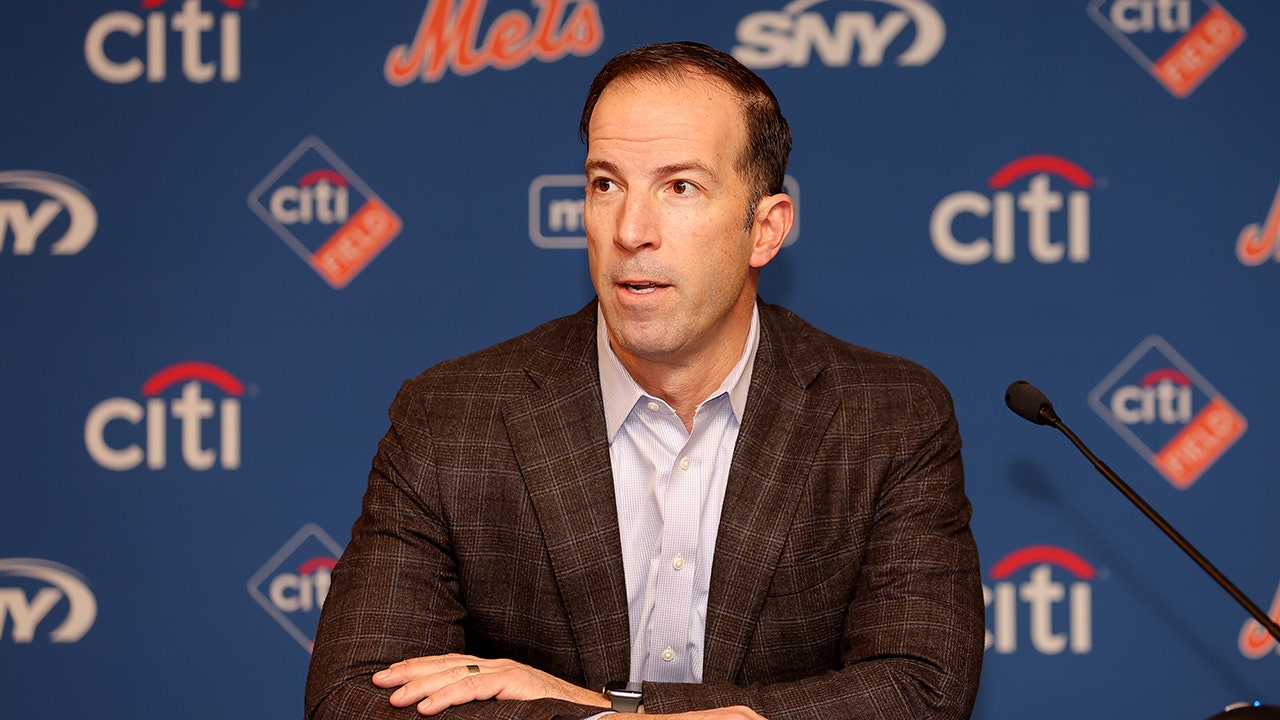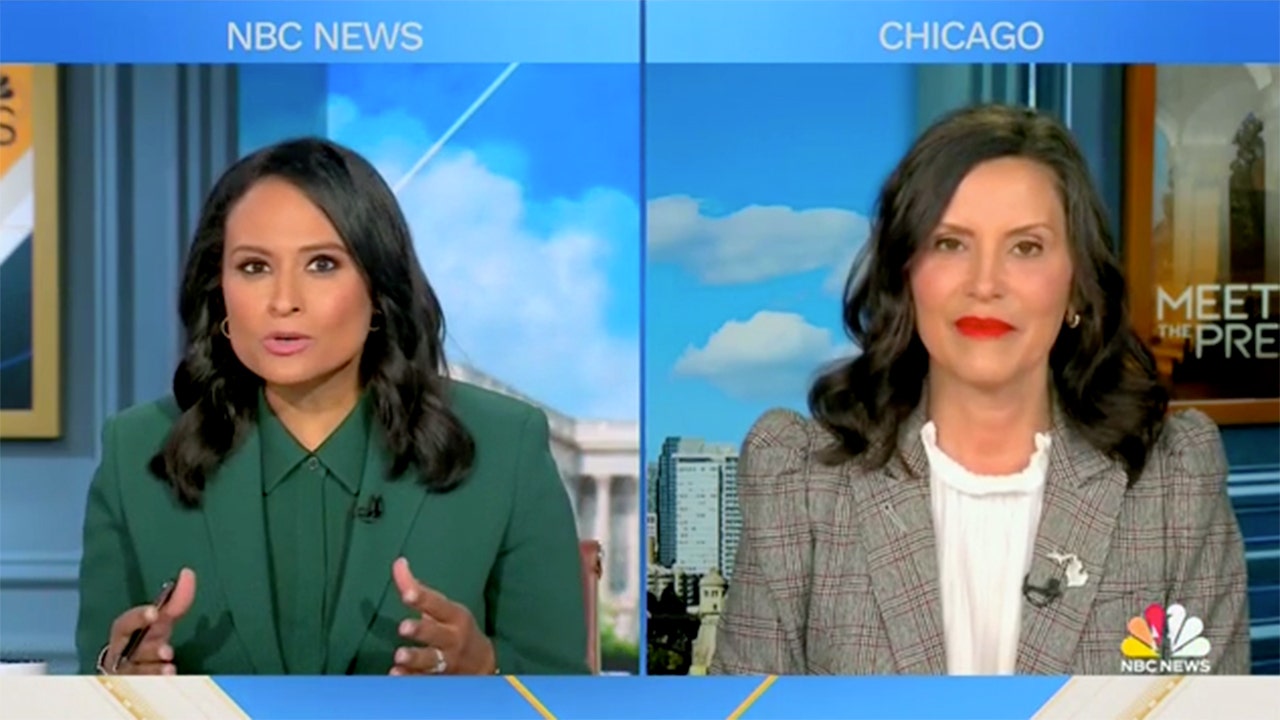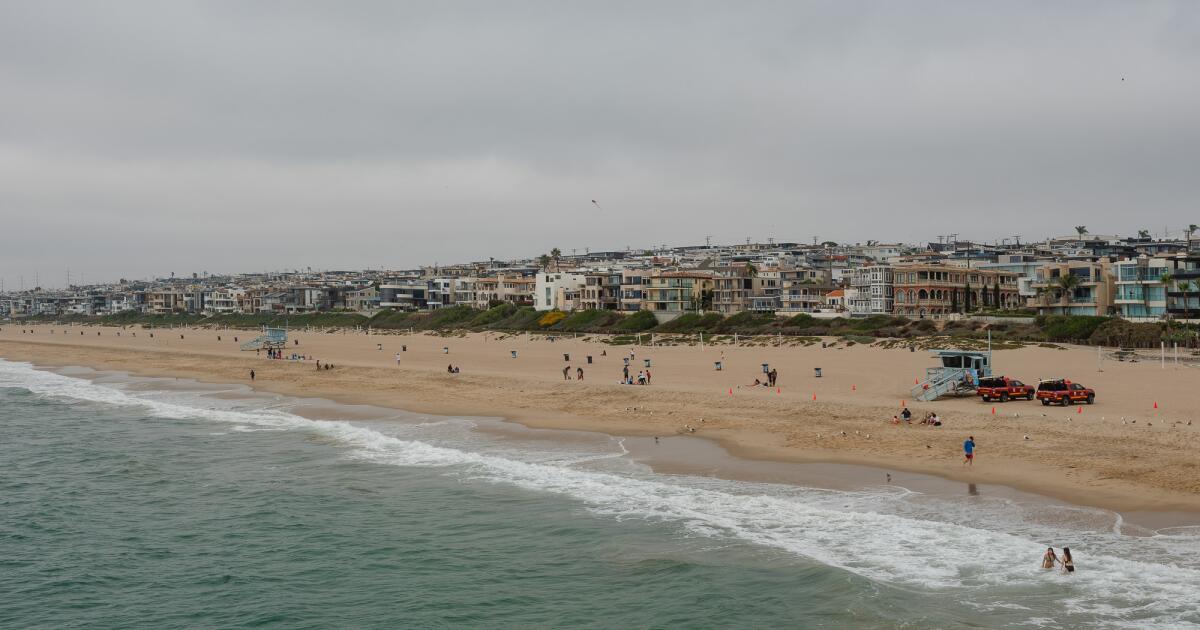Los Angeles City Council members Katy Yaroslavsky and Bob Blumenfield on Wednesday withdrew their proposal to provide city funding for security at synagogues, mosques and other religious institutions, saying state funds are now available to cover such expenses.
Yaroslavsky and Blumenfield last month proposed creating a $2 million grant program to pay for security for nonprofit groups and houses of worship following a violent confrontation between protesters outside a synagogue in the Pico-Robertson neighborhood of Los Angeles.
The grant proposal had been scheduled for a council vote on Wednesday. Earlier this week, Gov. Gavin Newsom announced that the state has begun accepting applications for $76 million in grant funding to “strengthen security” at religious institutions and nonprofits that face a heightened risk of hate crimes.
Yaroslavsky and Blumenfield said they had always planned for the city funding to serve as a stopgap measure until state officials got their grant program up and running and provided reimbursement. She said she now plans to consult with city attorneys on how to clarify LAPD protocols regarding protests.
“My office and Councilmember Blumenfield’s office are also consulting with the City Attorney’s office on how we can institute buffer zones around entrances to religious institutions and other sensitive sites like Planned Parenthood,” Yaroslavsky said.
On June 23, clashes broke out between pro-Palestinian protesters and pro-Israeli counter-protesters outside the Adas Torah synagogue in the Pico-Robertson neighborhood of Los Angeles.
The pro-Palestinian protesters said they had gone to the synagogue to protest against a real estate event involving a company offering property for sale in the occupied West Bank. Many countries consider settlement construction in the West Bank a violation of international law. Israel rejects this claim.
In the wake of those demonstrations, Yaroslavsky and Blumenfield proposed that the council offer $1 million in city funding to select nonprofits to carry out “community safety initiatives in Jewish communities in Los Angeles.” Yaroslavsky said at the time that recent protests over Israel’s war in Gaza had “fueled fear in the Jewish community and throughout the city,” causing some to be afraid to go to their synagogue.
“I’ve heard and talked to a lot of people who, with all the anti-Semitism out there, are worried about going to religiously identified institutions, and they’re worried about wearing a Star of David on their necklace,” Blumenfield said. “If they’re wearing a kippah, they wonder if they should.”
Blumenfield and Yaroslavsky’s initial proposal drew hundreds of protesters to City Hall, who shut down a stretch of Main Street and protested against the security grants. They said pro-Palestinian protesters are the ones who have been attacked at UCLA and elsewhere. And they argued the money would go to groups that would harm pro-Palestinian protesters and the general public.
“We know that when there are police, weapons, surveillance, police surveillance, [are] “The surge on our streets disproportionately affects people of color, queer people, poor people, homeless people,” said Miguel Camnitzer, a spokesman for the Los Angeles chapter of Jewish Voice for Peace, which has opposed Israel’s war in Gaza.
On July 2, Yaroslavsky and Blumenfield replaced the initial proposal with their plan to provide $2 million in security grants to nonprofit religious institutions of all denominations.
On Wednesday, dozens of protesters returned to City Hall to demonstrate against the idea as well.
Hamid Khan, an organizer with the Stop LAPD Spying Coalition, denounced council members for considering security grants. He also criticized Newsom for his decision to offer security funding, saying the money should go toward programs that address the state’s homeless crisis.
“He has money to donate to Zionist violence, but he doesn’t want to invest in building housing for homeless people,” Khan said.
A Newsom aide called those comments “patently false” and said the governor has spent $24 billion to address homelessness and another $40 billion on affordable housing support since taking office.
Other protesters called for a ceasefire vote or argued that pro-Palestinian protesters have been subjected to violence. Fernando Islas, who lives in Pico Rivera, told the council he was hit in the face with a rock during the June 23 protest in Pico-Robertson.
“I had two teeth knocked out that day,” the 37-year-old said.
When Yaroslavsky tried to speak about her decision to withdraw the proposal, she was repeatedly booed by the crowd. At the end of her speech, she said she fears the city will experience outbreaks of violence in future protests as well.
“The polarization is incredibly intense,” he said. “And we shouldn’t see that happening on our streets.”
Times staff writer Jeffrey Fleishman contributed to this report.

